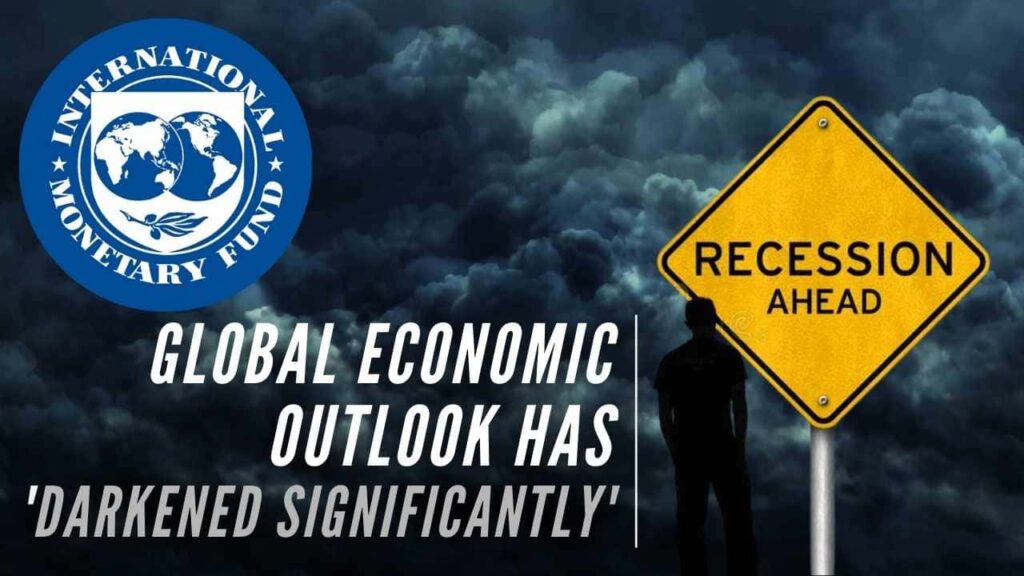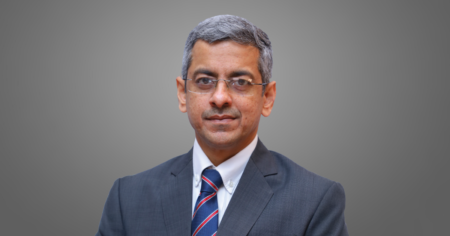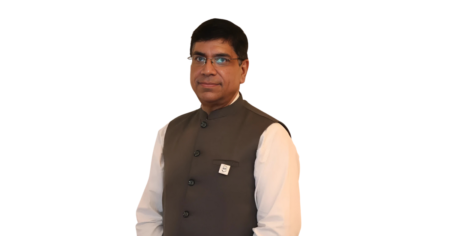
The chiefs of the International Monetary Fund and World Bank warned of an increasing possibility of a global recession as industrialised economies slow and greater inflation drives the Federal Reserve to keep raising interest rates, putting additional debt constraints on poor countries.
The labour market in the United States, the world’s largest economy, is still very robust, but it is losing speed as the impact of increasing borrowing costs “starts to bite,” according to IMF Managing Director Kristalina Georgieva on Monday. The eurozone is slowing as natural gas prices rise, as is China as a result of COVID-19 problems and property market turbulence.
According to the IMF, almost one-third of the global economy will contract for at least two consecutive quarters this year and next, with a $4 trillion loss in output through 2026.
At the same time, policymakers cannot allow inflation to become a “runaway train,” Georgieva warned at a virtual event starting off the annual sessions of the IMF and World Bank. “We’re in trouble if you don’t do enough.” She also stated that fiscal support should be well-targeted in order to avoid fueling inflation and that the globe should assist emerging and developing economies that have been hit particularly hard by tighter financial circumstances.
Speaking alongside Georgieva, World Bank President David Malpass warned of the “serious possibility” of a global recession next year. The dollar’s dominance is eroding developing countries’ currencies, boosting their debt to “burdensome” levels, he claims.
On a later occasion, Georgieva stated that the IMF forecasts a $9 billion shortfall in the balance of payments coverage for middle and low-income countries. She believes that the IMF’s provision of a “food shock window” of emergency finance last month will help meet those needs.
In a wide-ranging conversation with civil society representatives, Georgieva expressed optimism about the latest IMF board discussion on quota review or upgrading the fund’s shares to give emerging economies a stronger voice. This process is expected to be completed by December 2023, and Georgieva believes it is critical to the fund’s credibility.
Georgieva also stated that the IMF will explore surcharges or commissions charged to nations that frequently utilize the lender’s credit lines, during discussions about its precautionary facilities in December.
Surcharges, according to Georgieva, provide an incentive for middle-income countries to avoid excessive borrowing. Some developing countries, including Nobel laureate Joseph Stiglitz, have advocated for their removal, claiming that they impose an unfair burden on poor countries.











